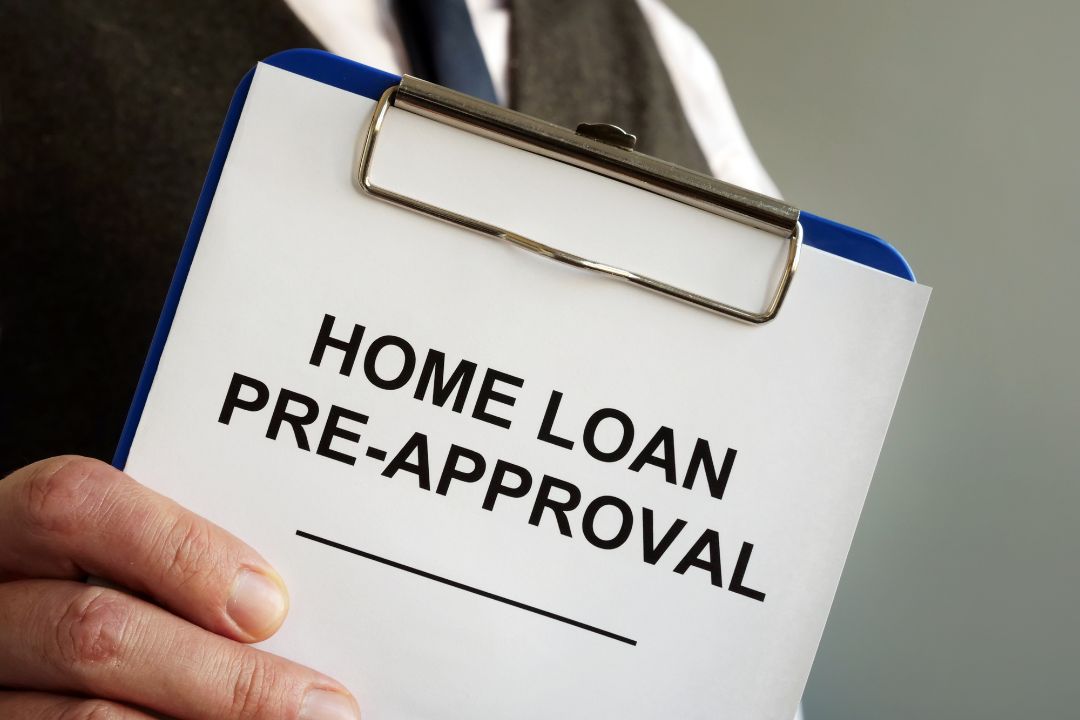Being pre-approved for financing should be at the top of your to-do list if you’re looking to buy a new home. Pre-approval is an important step in the process of buying a house. It can give you peace of mind, more power in negotiations, and a less stressful time buying a house.
The Top Benefits of Pre-Approval for Your Property Financing will be covered in this post.
Table of Contents
- What is pre-approval for property financing?
- Why is pre-approval important?
- Benefit #1: Know how much you can afford
- Benefit #2: Competitive advantage when making an offer
- Benefit #3: Faster closing process
- Benefit #4: Better bargaining power
- Benefit #5: Peace of mind
- Pre-approval requirements
- The pre-approval process
- The difference between pre-approval and pre-qualification
- Factors that can impact your pre-approval status
- The importance of maintaining your pre-approval status
- Common mistakes to avoid during the pre-approval process
- When should you get pre-approved for property financing?
- Conclusion
What is pre-approval for property financing?
A lender must first pre-approve you by looking at your credit history, income, and other financial information. Only then can they decide how much of a loan they will give you to buy a house. As part of this process, your financial records, such as your credit report, tax returns, pay stubs, and bank statements will be carefully looked at.
Why is pre-approval important?
For a number of reasons, getting pre-approved for financing is an essential step in the house-buying process. First off, it gives you a precise idea of how much you can afford to spend on a home. Furthermore, it gives you a competitive edge when making an offer because sellers are more likely to consider your offer seriously if they are aware that you have already arranged to finance. Also, pre-approval speeds up the closing process and gives you more clout when haggling over the terms of the deal.
Benefit #1: Know how much you can afford
The main advantage of getting pre-approved is that it enables you to know exactly how much you can afford to spend on a home. With the aid of this information, you can focus your search on homes that fall within your price range and prevent the heartbreak of falling in love with a home that is out of your price range. You may develop a more precise budget for your monthly mortgage payments and other related expenses if you are aware of your price range.
Benefit #2: Competitive advantage when making an offer
Pre-approval also gives you a competitive edge when making an offer on a house, which is a very important advantage. If the seller is aware that you have previously arranged to finance, they are more likely to consider your offer seriously. Pre-approval demonstrates that you are a serious buyer with the funds necessary to buy the home. In a competitive market where several purchasers can be interested in the same home, this can be very crucial.
Benefit #3: Faster closing process
Pre-approval can also make the closing process go much more quickly. Before closing the loan, the lender will simply need to confirm the property’s value and title because they have already assessed your financial information. This can save you a lot of time and lessen the likelihood that the sale will go through for financial reasons.
Benefit #4: Better bargaining power
You may have more negotiation power when negotiating the parameters of the sale if you have pre-approval. Since you already have financing, you are in a better position to negotiate the price, closing costs, and other terms of the sale. You may be able to save money and obtain better terms as a result.
Benefit #5: Peace of mind
Pre-approval might also provide comfort during the home-buying process. The stress and worry that are frequently associated with purchasing a property might be lessened by knowing that you have already secured financing. Without having to worry about securing financing, you can concentrate on locating the ideal property.
Pre-approval requirements
You’ll need to give your lender a number of financial records, including your credit report, tax returns, pay stubs, and bank statements, to get pre-approved for financing. The lender will take into account your income, debt-to-income ratio, credit score, and other factors when determining the maximum loan amount they are willing to offer you.
The pre-approval process
An initial meeting with a lender usually marks the start of the pre-approval procedure. You will share your financial information with the lender during this meeting, and they will assess your creditworthiness. You will receive a pre-approval letter from the lender if you are pre-approved and meet their standards.
The difference between pre-approval and pre-qualification
Pre-qualification and pre-approval are two distinct processes. Pre-qualification is a quick assessment of your creditworthiness; it does not include a complete examination of your financial records. The pre-approval process, on the other hand, is more involved and entails a careful analysis of your financial data.
Factors that can impact your pre-approval status
Your credit score, debt-to-income ratio, and job history are just a few variables that can affect your pre-approval status. To improve your chances of getting pre-approved, it’s critical to keep your credit in good standing and refrain from taking on excessive debt both before and during the home-buying process.
The importance of maintaining your pre-approval status
Maintaining your pre-approval status is crucial during the home-buying process. Avoid adding additional debt, making expensive purchases, or switching jobs. Because these actions may all affect your creditworthiness and maybe your pre-approval status.
Common mistakes to avoid during the pre-approval process
Mistakes to avoid when going through the pre-approval process include giving incomplete or wrong financial information, taking on new debt, and making big purchases. If you want to improve your chances of getting pre-approved, you need to work closely with your lender and follow their advice.
When should you get pre-approved for property financing?
It is advised to obtain pre-approval for financing before starting your search for a home. This enables you to clearly grasp your spending limit. And it might prevent you from falling in love with a home that is too expensive.
Conclusion
Getting pre-approved for property financing is an important step in the process of buying a home. It gives you peace of mind, bargaining power, and a smoother home-buying experience, among other things. This is a smart move for any home buyer. It can provide numerous benefits, including a better understanding of your budget, negotiating power, and a smoother home-buying experience. By understanding the pre-approval process and its benefits. You can increase your chances of securing financing and finding the right property.
FAQs
How long does pre-approval for property financing last?
Pre-approval for property financing can last anywhere from 60 to 90 days, but it varies from lender to lender.
Can pre-approval impact my credit score?
Getting pre-approved for a mortgage usually requires a hard inquiry on your credit report, which can temporarily lower your credit score by a few points. But having a lot of inquiries in a short amount of time won’t make a big difference in your credit score.
Is pre-approval required to buy a property?
Pre-approval is not required to buy a property, but it is highly recommended. Pre-approval can increase your chances of securing financing and help you avoid falling in love with a property that is outside of your price range.
Can I get pre-approved for financing with bad credit?
It may be more challenging to get pre-approved for financing with bad credit, but it’s still possible. You might need to show more proof or make a bigger down payment to make up for your low credit score.
How much does pre-approval cost?
Pre-approval for a loan to buy a house costs different amounts from lender to lender, but it is usually free. However, some lenders may charge an application fee or other costs associated with the pre-approval process.





